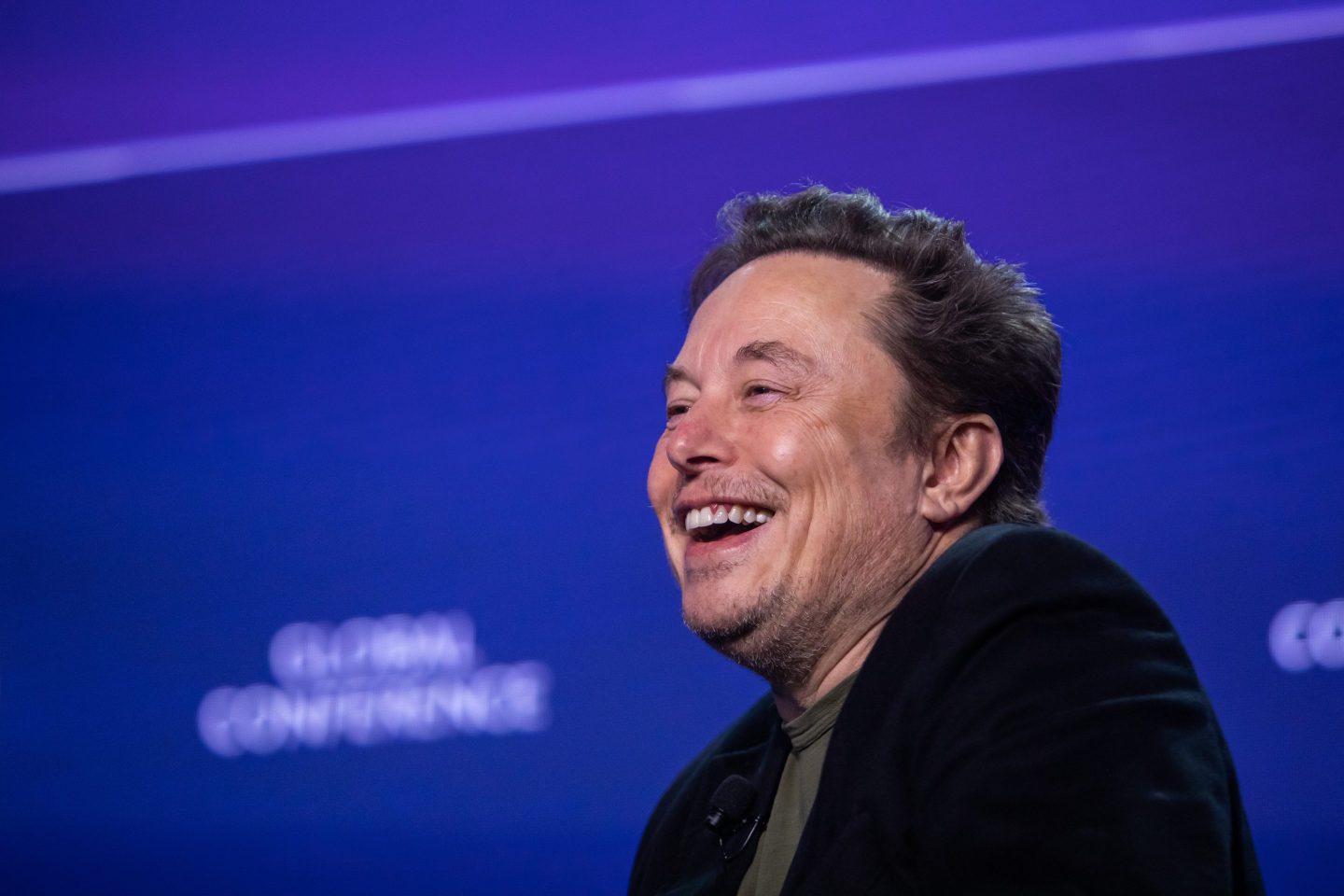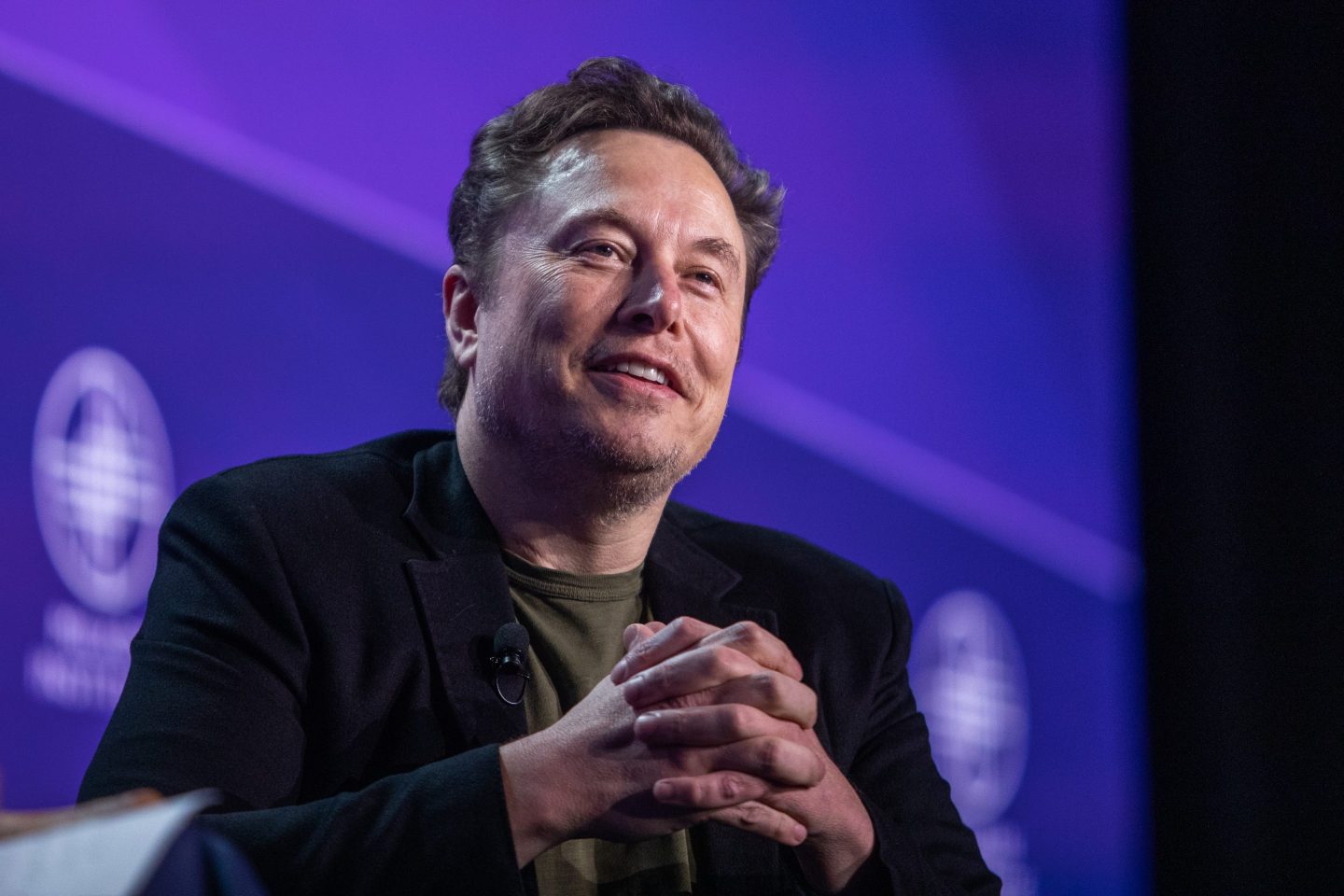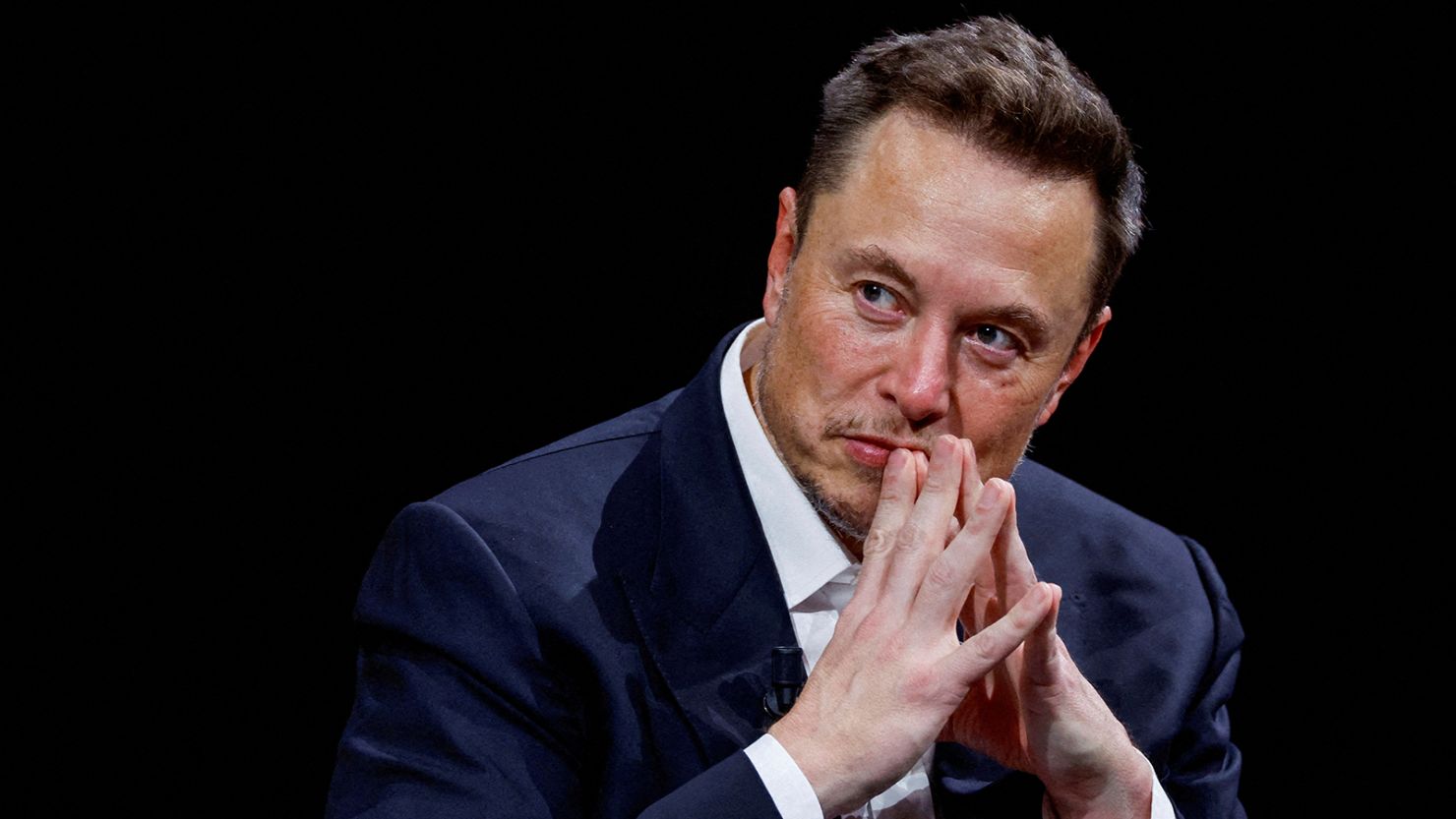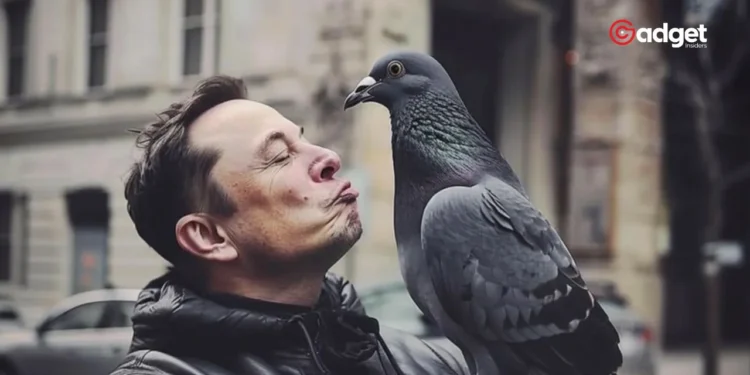In the intricate ballet of business and innovation, few names resonate as profoundly as Elon Musk, the pioneering CEO behind Tesla. The electric vehicle giant has once again found itself in the spotlight, not just for its groundbreaking technology but also for the contentious compensation package of its leader. This package, initially ratified in 2018, stands as a testament to Musk’s undeniable impact on the company and the industry at large.
Renowned investor Ron Baron, whose firm has reaped a staggering 20-fold return on its Tesla investment, is a vocal proponent of Musk. In a compelling open letter, Baron articulated a sentiment that many shareholders echo, “Tesla is better with Elon. Tesla is Elon.” His support comes at a critical juncture as Tesla’s board grapples with legal challenges and shareholder skepticism surrounding Elon Musk’s unprecedented compensation.

Elon Musk’s Controversial Compensation Package
The roots of the current debate trace back to 2018 when Tesla decided on a compensation strategy that would potentially allow Elon Musk to acquire up to 304 million shares, contingent upon achieving ambitious company milestones. This package, now valued around $46 billion, could become the largest in U.S. corporate history for an executive.
🚨ELON MUSK: YOU HAVE BEEN SELECTED TO BE EXPOSED
In March 2018 you negotiated a 56 billion $ compensation package with Tesla
In order to get the full comp, you had to over 10x the market cap and revenue of TSLA
If you fail, you get nothing
Here's the truth of what happened:… pic.twitter.com/QeM3TXezTv
— Alex Finn (@AlexFinnX) May 17, 2024
However, this arrangement came under scrutiny earlier this year when a Delaware judge declared the approval process “deeply flawed” and the sum “unfathomable,” leading to its invalidation. Despite this setback, Tesla has slated the package for a re-vote at their upcoming annual meeting on June 13.
Shareholder Perspectives: A Divided Stand
The debate over Musk’s role and reward is not without its detractors. Groups like Glass Lewis and Institutional Shareholder Services have voiced opposition, reflecting concerns from various corners of the investment community. Adding to the chorus of criticism, New York City Comptroller Brad Lander remarked on the need for a “full-time CEO” dedicated solely to Tesla’s growth, criticizing the governance under Musk’s leadership.

Yet, amidst the dissent, there are those like Baron who argue that Musk’s vision and drive are irreplaceable. Tesla’s significant advances during periods of intense pressure, like the “production hell” Musk endured while sleeping on the factory floor, underscore his critical role.
Looking Forward: A Pivotal Vote
As Tesla approaches its decisive shareholder vote, the stakes are high. The outcome will not only determine the future of Musk’s compensation but also signal the broader investor confidence in his continuing leadership. Baron’s emphatic support underscores a fundamental question facing Tesla stakeholders: “Is Tesla better off with or without Elon?”

This saga captures a pivotal moment in corporate governance, highlighting the complex interplay between visionary leadership and rigorous oversight. As Tesla stands at this crossroad, the decision of June 13 will resonate far beyond the confines of a boardroom, potentially shaping the trajectory of one of the most innovative companies of our time.










